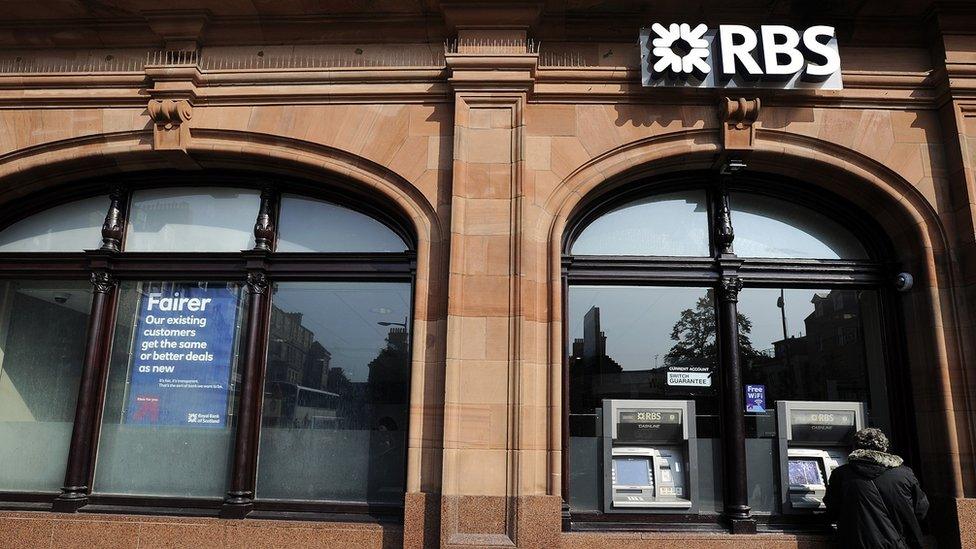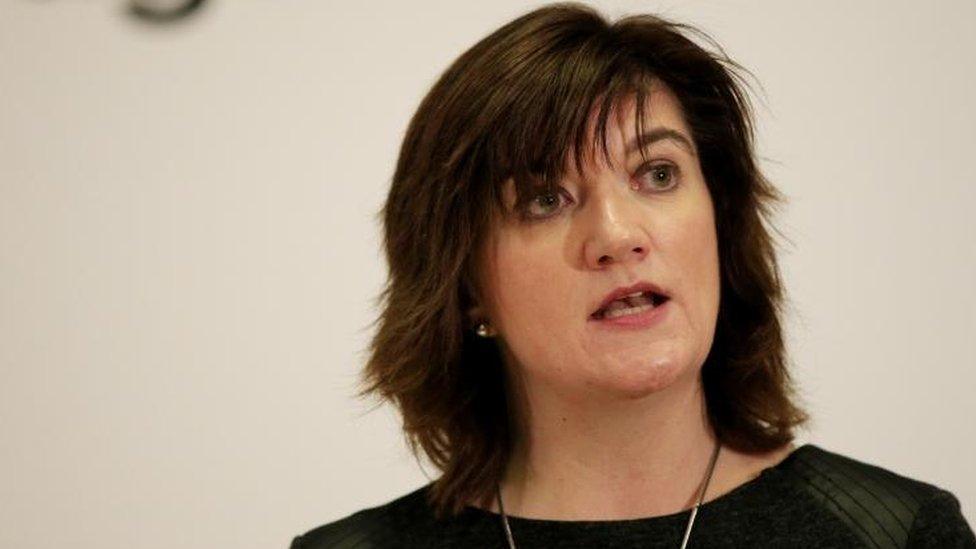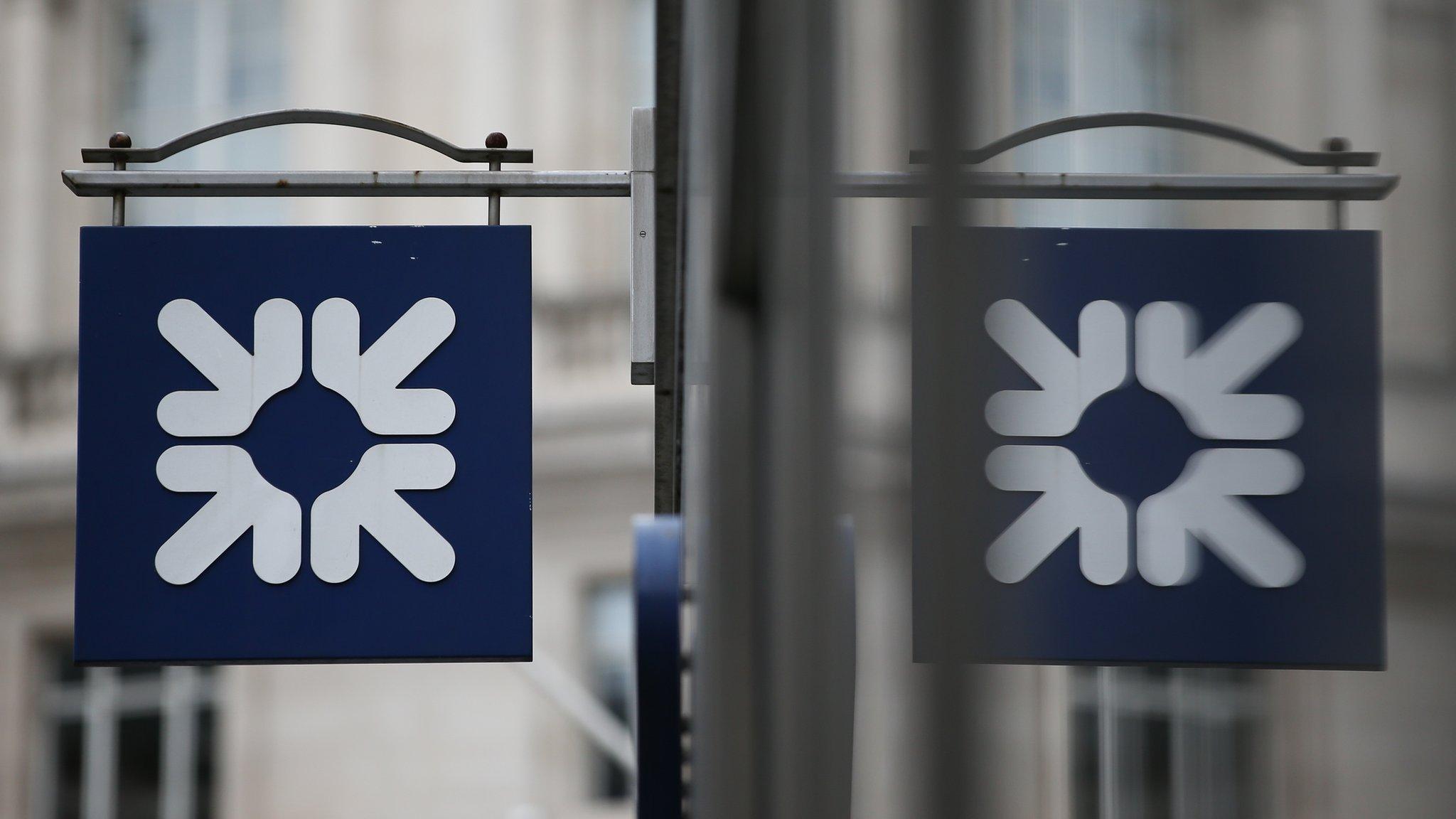RBS escapes action over controversial GRG unit
- Published

No action will be taken against Royal Bank of Scotland and its senior managers over the activities of its controversial Global Restructuring Group (GRG), the regulator has said.
The Financial Conduct Authority said its powers were "very limited".
There were no "reasonable prospects of success" when it came to action against senior managers, it added.
A review into the GRG turnaround unit published earlier this year found it did mistreat thousands of small firms.
Some firms said they were pushed into bankruptcy and were stripped of their assets after they were transferred into the controversial division between 2008 and 2013.
RBS chairman Sir Howard Davies welcomed the FCA's conclusion that it would take no further action.
He said the bank would await the publication of the FCA's full account and would "reflect carefully on its findings to learn any further lessons from what was a hugely challenging time for the bank, its customers and the wider economy".
RBS has so far offered a total of £125m to victims of GRG.
'Deficient' practices
FCA chief executive Andrew Bailey said: "It is important to recognise that the business of GRG was largely unregulated and the FCA's powers to take action in such circumstances, even where the mistreatment of customers has been identified and accepted, are very limited.
"Taking action was therefore always going to be difficult and challenging."
An independent review commissioned by the FCA into Royal Bank of Scotland's (RBS) treatment of small and medium-sized enterprise customers transferred to its restructuring unit found no evidence that the bank deliberately transferred customers to GRG in order to profit from their restructuring or insolvency.
Instead the review, conducted by Promontory Financial Group and accountancy firm Mazars, pointed to "deficient" aspects of the GRG's culture, governance and practices that led to the "widespread and systematic" inappropriate treatment of customers.
GRG was marketed as an expert service that helped struggling small businesses.
Some of the businesses transferred by RBS into the restructuring division were not viable, but of those that were judged to have sound prospects, the FCA found one in six had been damaged through GRG's management of them, including through higher interest rates and new fees.

Nicky Morgan said victims would find the news "disappointing and bewildering"
The FCA told the BBC a fuller report explaining why the regulator was not taking action would be published later in the year.
In the meantime FCA will continue to supervise the action that RBS is taking and review the bank's scheme to compensate victims.
"I appreciate that many GRG customers will be frustrated by this decision but we have explored all the options available to us before arriving at this conclusion," said Mr Bailey.
"The fact that we can't take action in no way condones the behaviour of RBS. We expect high standards from the firms we regulate and RBS fell well short in its treatment of GRG customers."
Nicky Morgan, chair of parliament's Treasury Committee said for those caught up in GRG's actions the news that the FCA is unable to act would be "disappointing and bewildering".
"This demonstrates the need for a change in how lending for [small and medium-sized enterprises] is regulated.
"The government should stand ready to introduce any legislation required when it sees the outcome of current reports on redress and should also urgently consider what additional powers the FCA requires to act in cases such as GRG."
- Published6 February 2018
